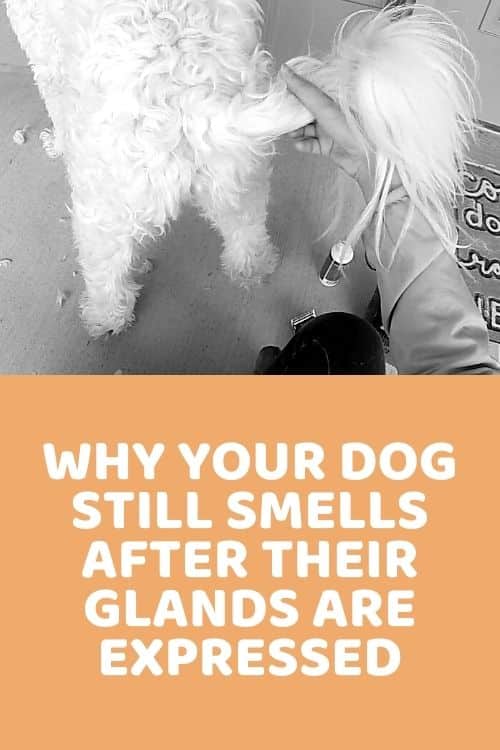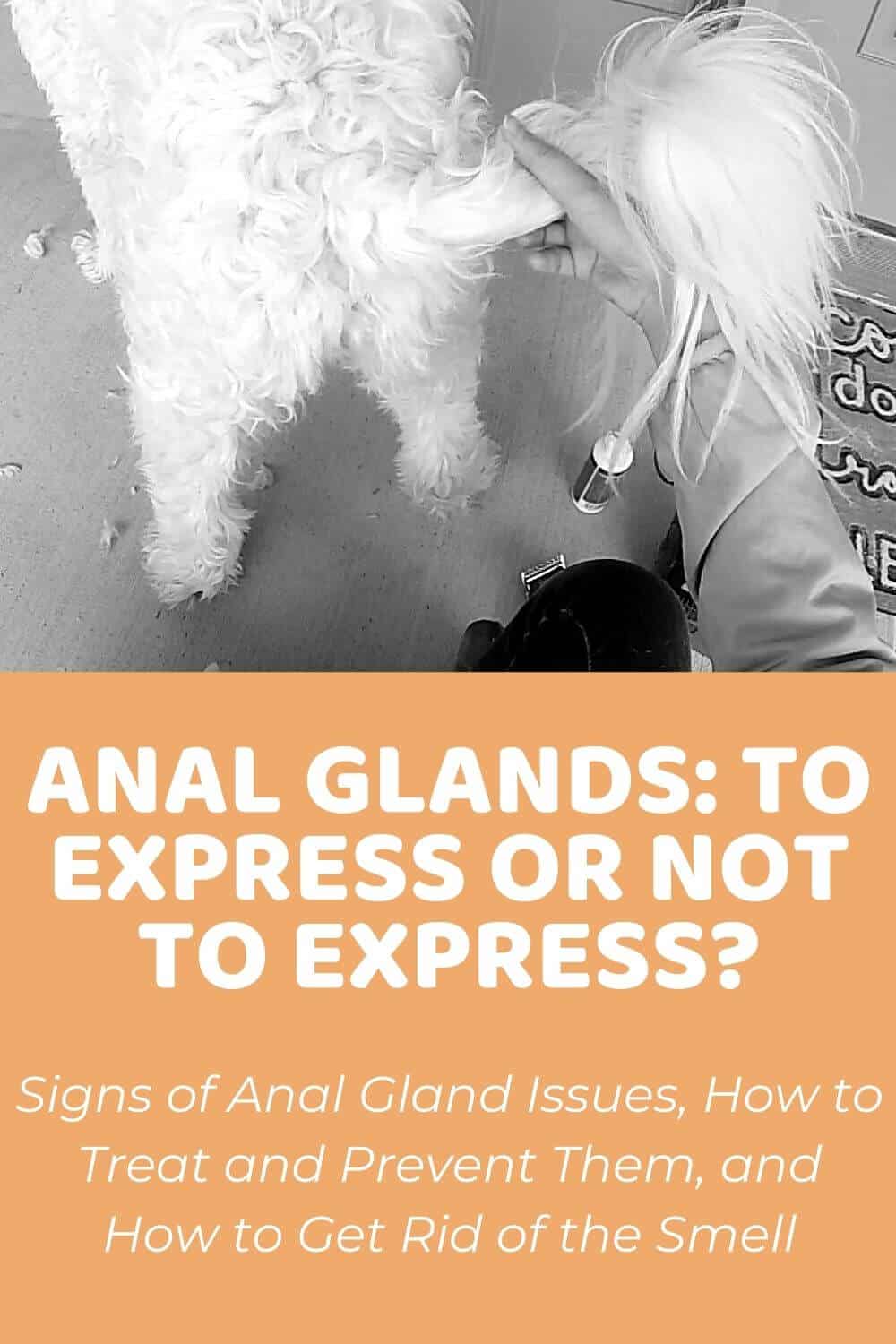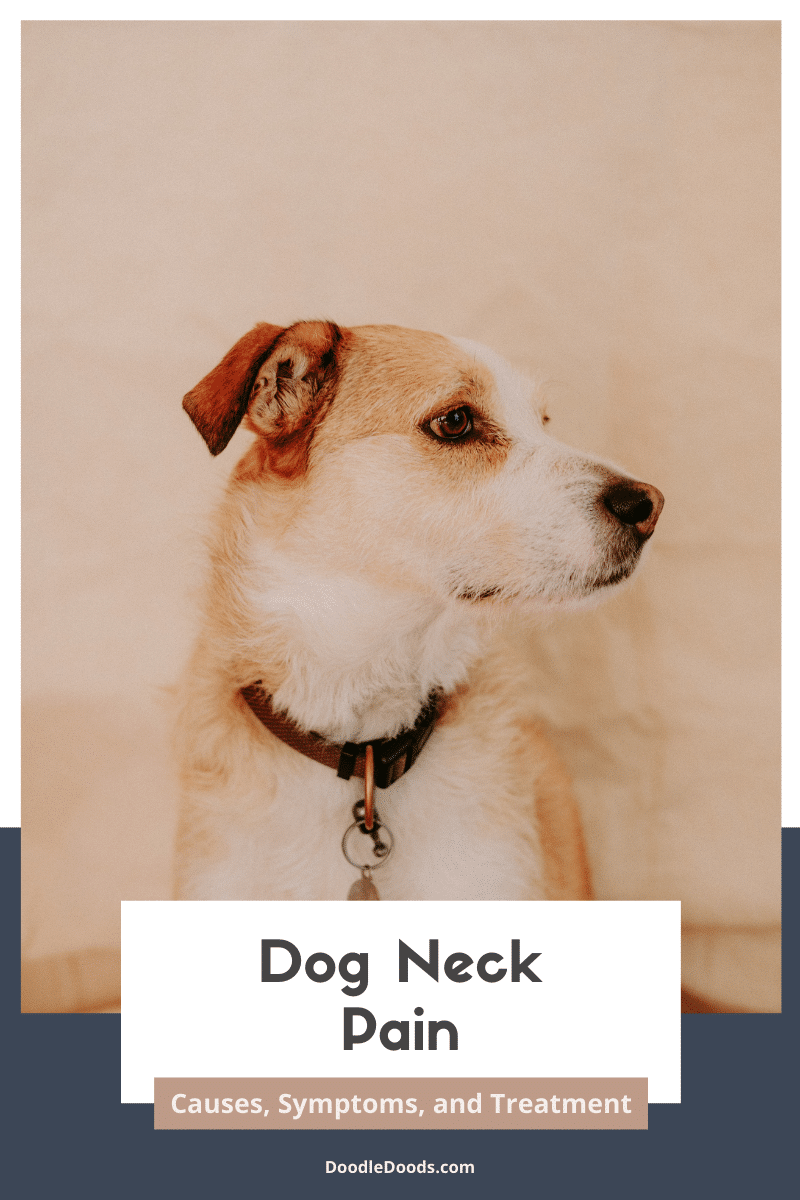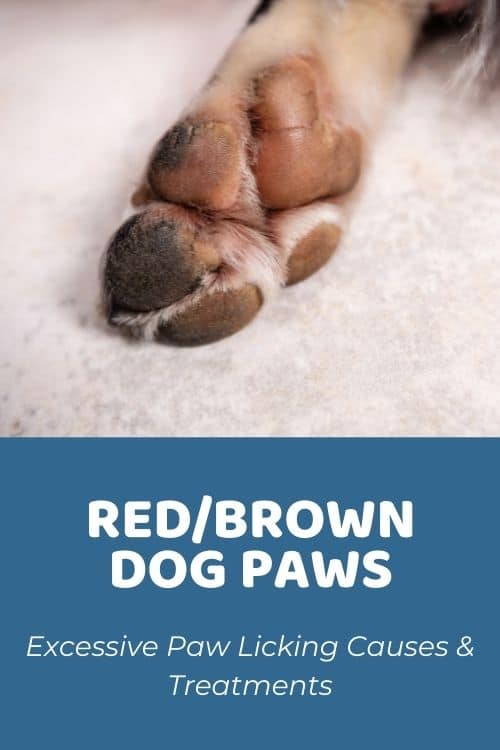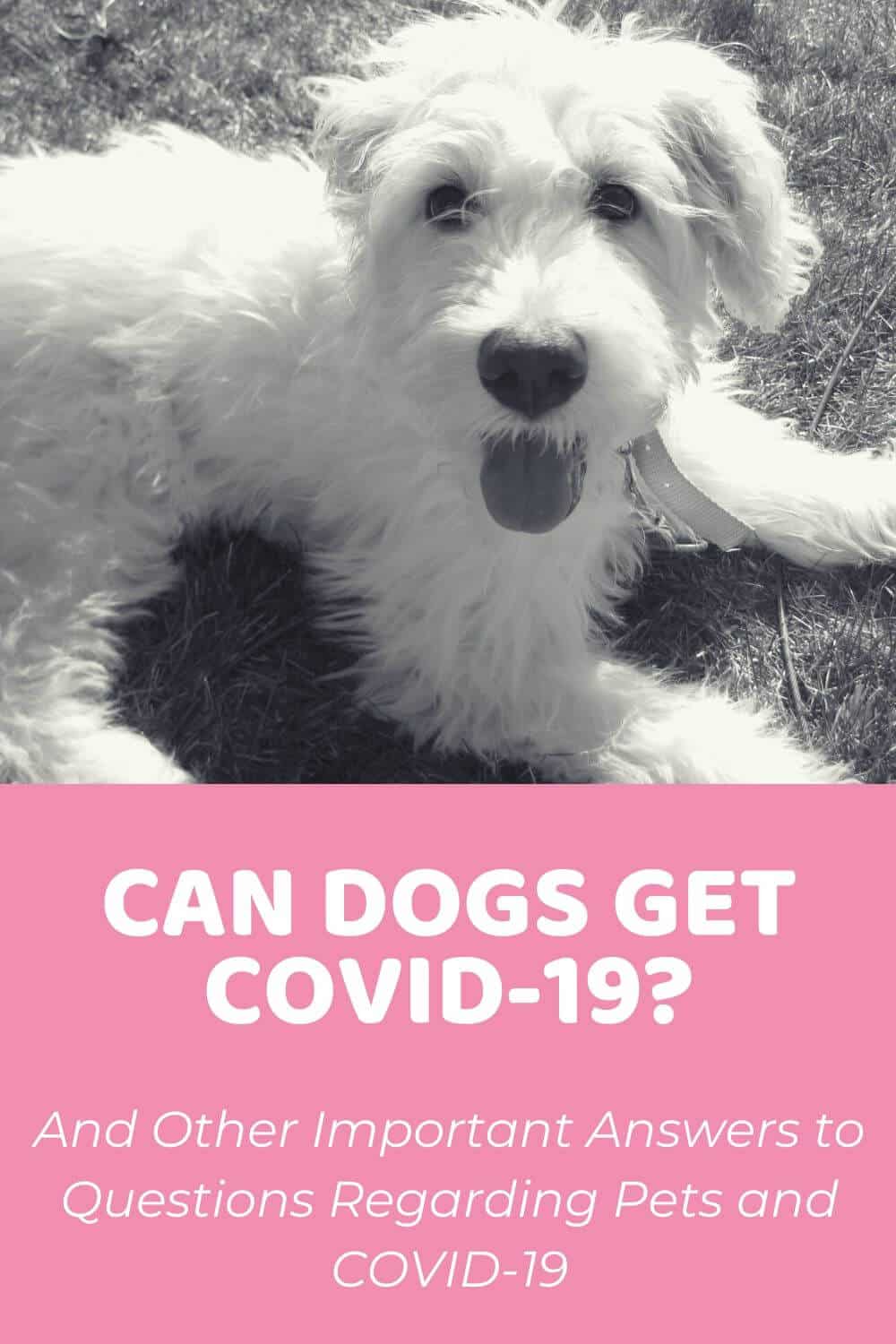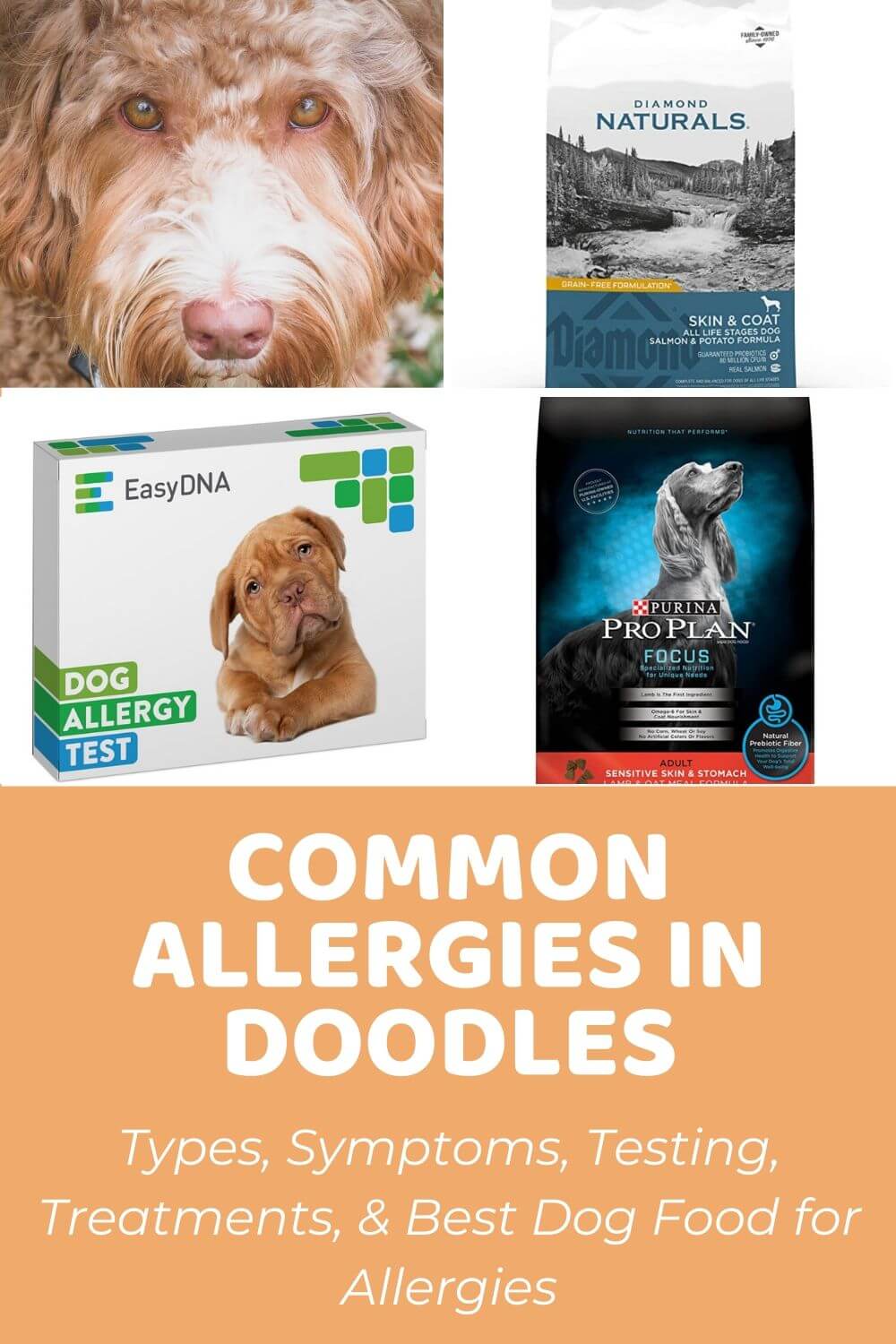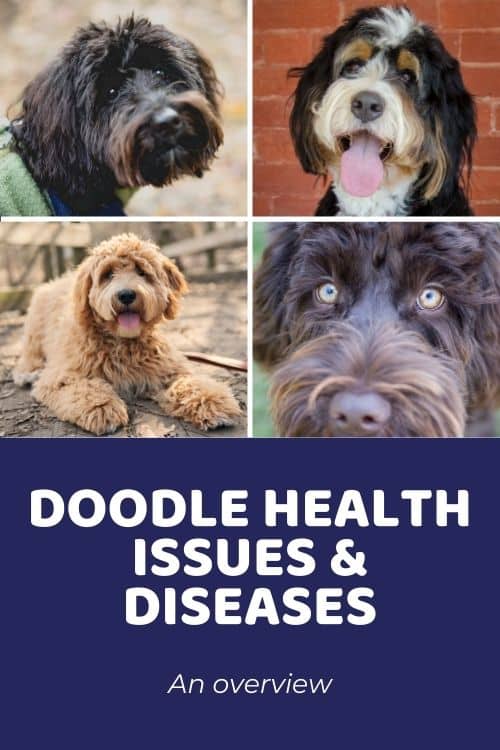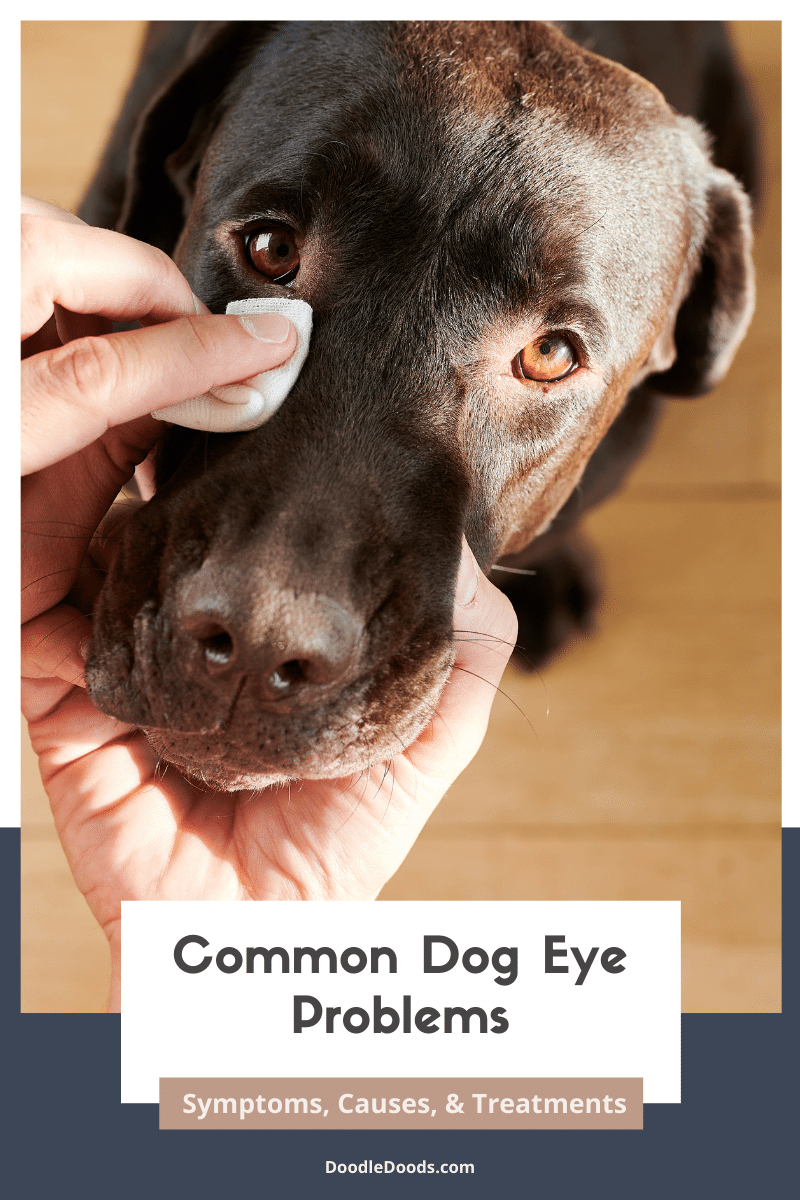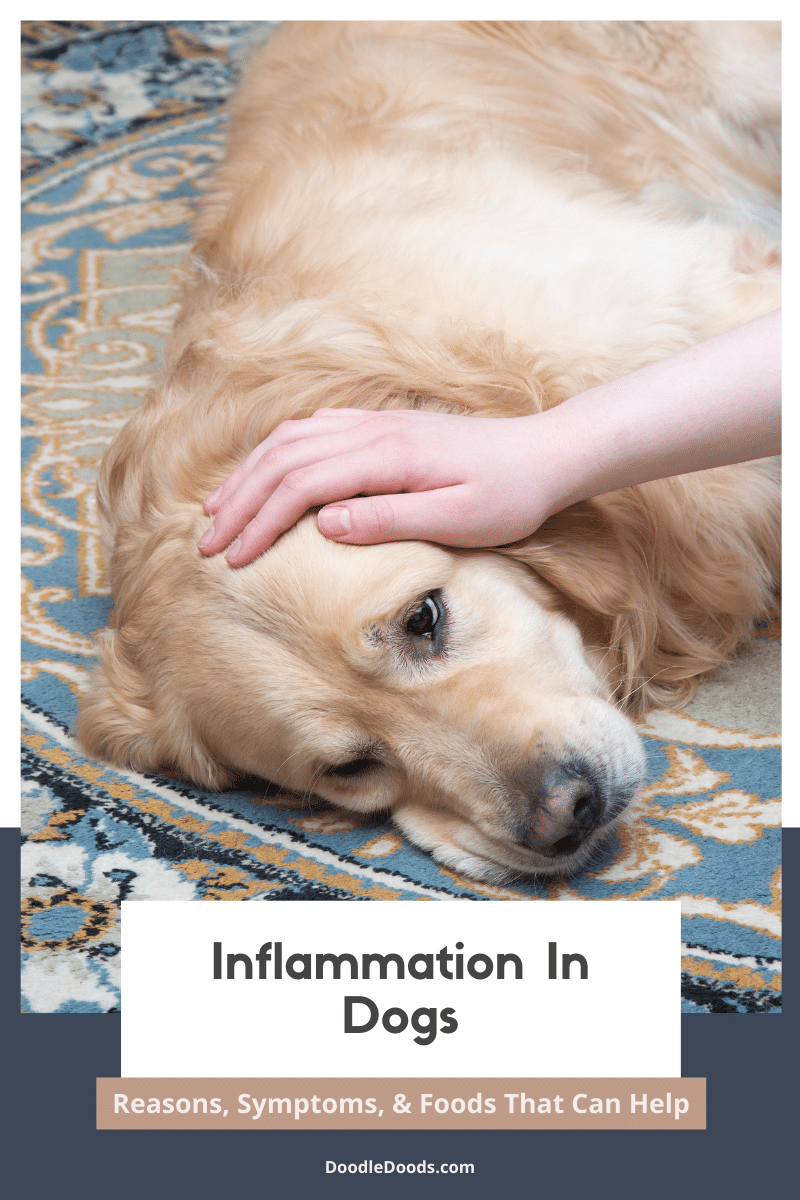Dogs have a bit of a reputation as whiffy creatures, whether deserved or not. However, some odors could signal a problem. For instance, certain types of fungus and bacteria smell absolutely terrible. If you notice a fishy pong emitting from your pet, though, there is likely an altogether different culprit to blame.
Not the most glamorous of topics for sure, but definitely something every pet parent should have an understanding of. When anal glands get backed up, not only you’ll be dealing with more than just a bad smell. Impacted glands can be very painful indeed for your pup. That’s why we’ve created this handy guide to caring for your pet’s anal glands, as well as answer why your dog still smells after their glands have been expressed.
What Are Anal Glands and Why Do They Need to be Expressed?
Anal glands, also known as anal sacs, are found on either side of your pet’s anus. The fluid contained within these is released during defecation. It carries your pup’s unique scent as well as information such as their sex and approximate age. In this way, anal gland secretions are used as a form of communication between dogs. They are why your pal spends so much time around the rear end of other hounds and takes great delight in seeking out every poop pile in town.
While most dogs have no issues with these glands, in a few cases, problems can arise. If the stool is insufficiently firm to apply pressure to the glands, the fluid remains trapped and dry out, eventually leading to the glands becoming impacted. Smell aside, the resulting backing up and hardening of the glands will cause your pooch pain and discomfort and, for that reason, needs to be dealt with sharpish.
Manually expressing the anal glands is a relatively straightforward process. Under steady pressure, they should release a paste-like yellow or brownish fluid. If you have never done this before, you might feel more comfortable taking your pup to the groomers or the vet. They can likely give you some pointers if you feel up to doing the task when problems reoccur at home.
Problems with anal glands can occur for a whole host of reasons. Most often, it is smaller breeds that suffer from issues in this area and so may need their glands to be manually expressed on a regular basis. Certain factors can exacerbate the situation, such as a poor diet, food intolerances, or if your pup is carrying a little too much weight.
Why Does My Dog Keep Releasing His Glands?
So, we’ve established that anal glands release automatically when dogs defecate. However, small amounts of this fluid can also be discharged for the purpose of marking territory. Just a little external pressure (such as butt scooting – up and down your favorite rug, naturally) will usually do the trick. In many cases, though, dogs do this because their anal glands are uncomfortably full or impacted (see below).
Some dogs may even spontaneously release their anal glands when feeling scared or stressed. The fluid will shoot out or spray due to an involuntary contraction of the sphincter muscles. This can also occur when your pup is very excited too. So chances are if you notice your dog smelling worse than normal – this is what has happened. Keep in mind, though, that your pup isn’t doing this on purpose. They have no control over this at all.
What’s That Lingering Smell?
While expressing your pup’s anal glands is essential for their health and comfort, often, you might find that a pungent smell continues to haunt you long after this has been done. Likely this is because some of the fluid is still on the hair around their backside. Anal gland secretions often have a very strong odor that can be difficult to remove completely. Luckily, these days, you can find wipes with powerful neutralizing properties that can help with this.
If you find that this doesn’t do the trick, it might be that the glands weren’t fully expressed in the first place. This can be the case if the person who did it isn’t very experienced with the task – you might need to give it another go. Finally, there could be an underlying medical problem such as faulty glands that are filling too quickly, are impacted, or that there is some kind of infection – a trip to the vet would be best to determine which of these it might be.
If it turns out to be that the glands are filling up more quickly than usual, then you will likely have to step up your expressing game – doing it more often than you usually would. In the case of impaction, it is best to let a professional deal with it. They will often be able to advise you on the cause and ways to avoid this happening in the future. For infections, your pup will likely need to be prescribed some medication to sort out the issue.
How Often Should Your Dog Have Their Glands Expressed?
The frequency of anal gland expressions differs from dog to dog. Many will never need it done at all, so you won’t need to worry about it unless you see your pup bothering their rear end. With other dogs (usually smaller ones), you may need to manually express these glands as often as every 3-4 weeks. There are certain signs you can look for to see if it needs to be done:
How to Tell When Your Dog Needs Their Anal Gland Expressed
Alongside the noxious smell that could indicate that your four-legged friend is having anal gland issues, there are a few other signs to be on the lookout for. Probably the most common of these is seeing your dog scooting their butt along the ground or suddenly obsessively licking their behind, focusing around the base of their tail. You might also notice them straining while pooping or spot a red, hairless bulge around their rear end.
If you are happy to tackle this job yourself and are confident that you know exactly what you are doing, then you should have no issues. However, if your dog appears to be in any pain while you’re doing this, if the fluid is more cloudy, discolored, or noxious smelling than usual, or if you are having to express your pup’s anal glands with increasing frequency than you should definitely chat with your vet.
Why Might Your Dog Be In Pain After Having Their Glands Expressed
While some dogs might suffer mild discomfort after having their glands expressed, there shouldn’t really be any genuine pain involved in this reasonably straightforward procedure. You might notice them continuing to scoot or lick their butt up to 24 hours after having this done, but not really any longer than this. You can help ease this by applying a warm compress to the area a couple of times a day for up to 15 minutes.
However, if you notice that your hound is exhibiting signs of being in real pain, these can include yelping, snapping, hiding, limping, licking the area, and crying while pooping, or if there are signs of blood in their stool, there might be a bigger issue to deal with.
It may be the case that your pup has impacted fluid left behind in the gland. Alternatively, they may have developed an anal abscess, a perianal fistula, or an infection of the hair follicles in this area. Another possibility is that the procedure itself has caused a rectal tear. All of these problems need to be dealt with by a vet.
Frequently Asked Questions About Expressing Your Dog’s Anal Glands
Why is my dog still leaking after their glands have been expressed?
If you notice an odorous fluid coming from your pet’s rear end a short time after their glands have been expressed, there is no real cause for concern. It might be that there was a little fluid left over, and this is just draining out. However, if the issue persists longer than 24 hours, there could be an issue with the way the anal glands are functioning. Take your pup to the vet to rule out any problems.
Why does my dog keep needing his glands expressed?
If you find that your pal needs their glands expressed on a regular basis, it could be that their stool is a little softer than it should be. This might be caused by issues with their food, such as ingredient intolerances or a lack of dietary fiber. However, some smaller dogs require regular manual anal gland expression because there is an issue with the positioning or functioning of the glands, and you will simply need to make this a normal part of their care.
How do I know if my dog’s glands are infected?
You can spot an infection issue with your pup’s anal glands by redness or swelling around their rear end, as well as signs of pain or discomfort. Your dog may be scooting, licking, whining, or straining when they poop. You may also see blood or puss in their stool or on the carpet after they have been scooting. You will likely also notice that they smell a little more pungent than they usually do. In this case, you will need to take them to the vet.
Why does my dog’s butt smell like fish?
A fishy pong around your pooch’s rear end will be the first indication that there are issues with their anal glands. Chances are, it just means that they need to be manually expressed. However, it can also be a symptom of a bigger butt problem. If in doubt, consult your vet. Noticing this kind of odor after your dog has had their glands expressed is common, especially in the first 24 hours. Chances are a little of the gland fluid has leaked onto the hair around their butt. Giving this area a good clean should sort the issue out.
While pet ownership comes with many joys, it also comes with many challenges too. One of the biggest, for many, is dealing with anything around the rear end. However, anal gland issues are all too common in dogs, especially smaller ones. It’s crucial that you know what to look out for, what certain signs mean, and what to do about them.
If your pup is stinking up the place more than usual, or if they seem to have an itchy butt, the culprit could be their anal glands. Expressing these (or getting a professional to do it) will usually resolve the issue and help your pup comfortably go about the business of pooping once again.
Learn How to Care for Your Doodle Puppy!
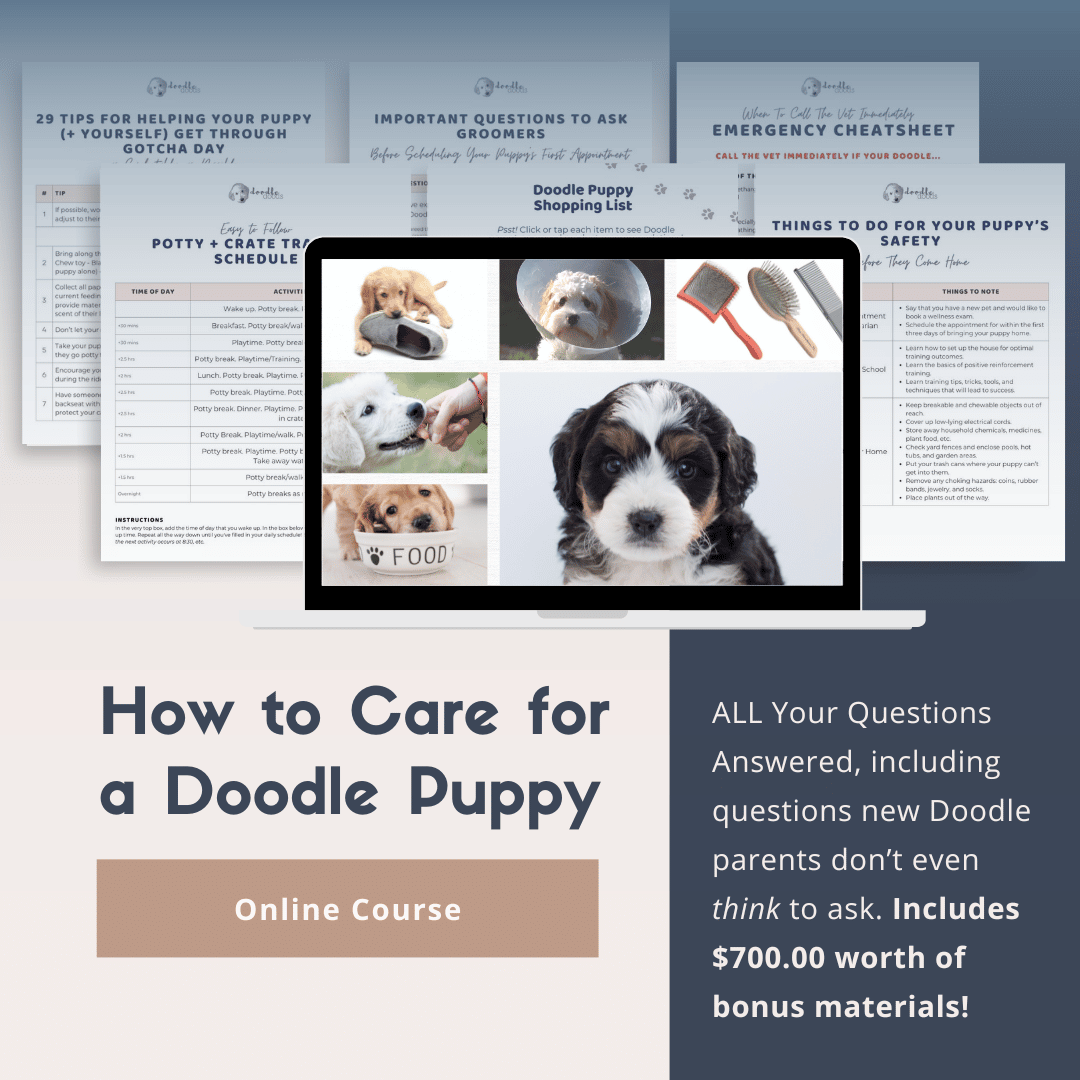
Perfect for first-time Doodle parents, get ALL your questions answered, including questions new Doodle parents don’t even think to ask.
Plus, get $700 worth of Bonus Materials for FREE, including:- Doodle Parenthood Community and Support Group ($190 value)
- Doodle Puppy Growth Tracker ($20 value)
- EMERGENCY Cheatsheet: When To Call The Vet Immediately ($50 value)
- HELP! Button ($145 value)
- And SO MUCH MORE!

